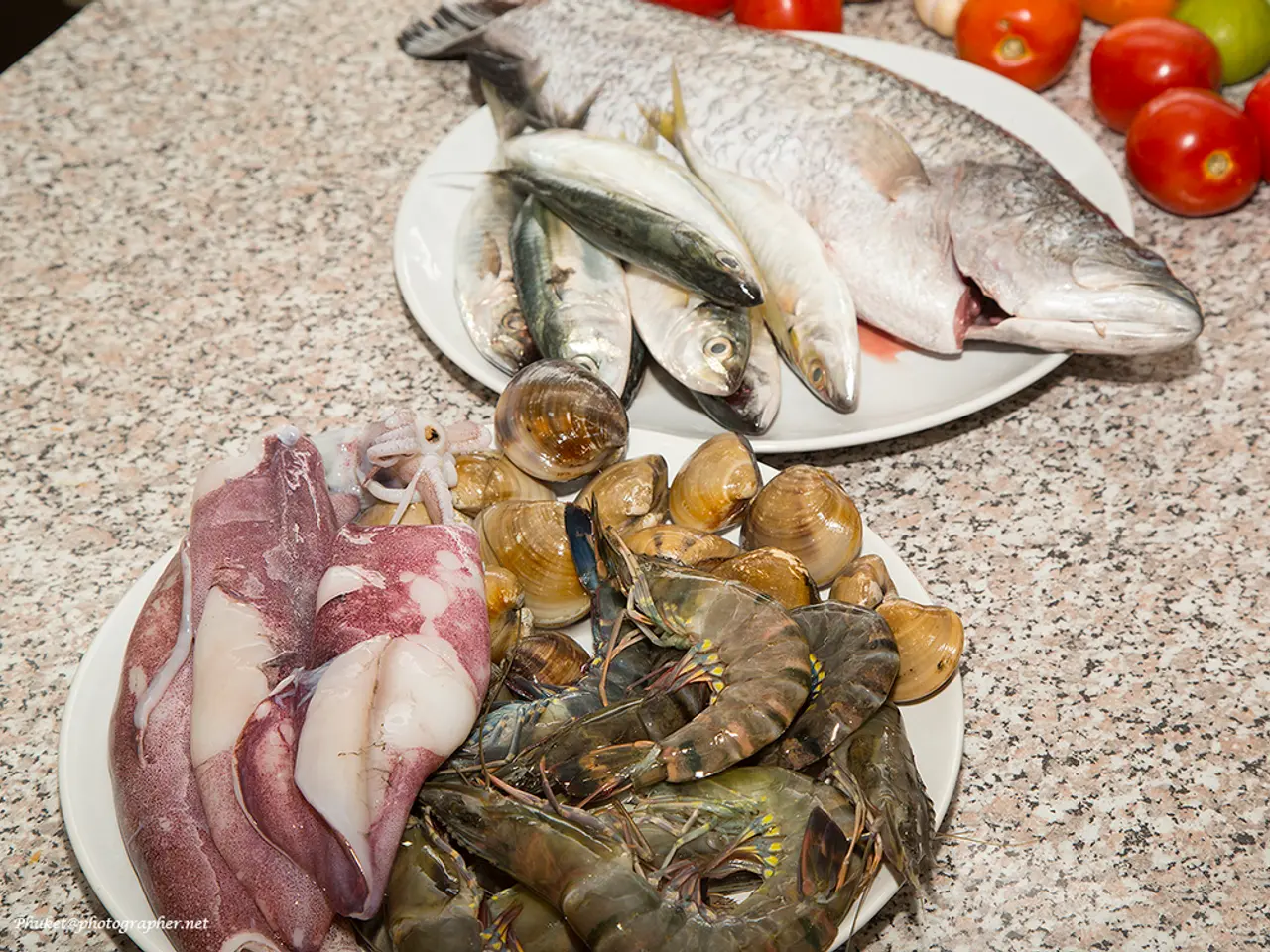Trade agreement between EU and Mercosur sparks backlash among farmers and environmental advocates
The European Union (EU) is moving forward with a long-anticipated free-trade deal with Mercosur, a South American trade bloc, despite opposition from some member states and agricultural groups.
The agreement, which seeks a swift conclusion by the end of this year, promises to facilitate the flow of goods between the EU and the Mercosur economies. However, it has sparked concern among European farmers who fear that imports could create unfair competition and drive down food quality.
Poland, a major holdout, will not be able to block the deal due to pressure from export-reliant countries like Germany. Despite this, the Polish government expresses concerns about the potential impact the agreement could have on its farmers. They fear that the Mercosur deal could introduce competition, leading to a decrease in prices and a threat to the livelihood of its farmers.
In contrast, countries like France and Austria have voiced their opposition to the deal. France leads a coalition of EU states fearing that cheap meat imports could harm their farmers, while Austria's Agriculture Minister Norbert Totschnig maintains an unchanged negative position due to concerns for domestic agriculture.
The Commission has presented the trade deal as a "split agreement," separating it from a more comprehensive agreement on political or judicial cooperation. This allows decisions on the deal to be made at the EU-level, bypassing individual national parliaments, a move that critics view as an attempt to sideline member states and fuel distrust in institutions.
In response to these concerns, the European Commission has proposed measures to help mitigate potential market disruptions caused by the free trade agreement. These measures include a gradual opening of the EU market, import limits on certain products, and a €6.3 billion support fund for EU farmers.
European countries will allow limited beef imports from Mercosur at a lowered duty of 7.5%. However, the agreement will maintain between 20% and 35% tariffs on European spirits and 35% on European cars that Mercosur has in place.
Environmental groups warn that the trade-only deal could drive deforestation, particularly in the Amazon, and hurt indigenous communities and farmers. They argue that the EU's promise of companies "exclusive preferential access to critical raw materials and green goods" could exacerbate these issues.
Despite these concerns, the EU-Mercosur trade deal could help soften the blow of US tariffs by opening new export opportunities. Over the course of several years, the two sides will lift over 90% of the respective tariffs they currently apply to each other's products.
MEPs are planning to ask the European Court of Justice for a legal opinion on the matter, hoping to suspend the ratification process of the EU-Mercosur deal. This move could delay the implementation of the agreement, but it remains to be seen whether it will be successful.
In 2024, Poland's largest poultry producer generated €3.3 billion from exports to EU countries alone. The impact of the EU-Mercosur trade deal on this sector, and on the wider European agricultural industry, remains to be seen. However, it is clear that the deal will have significant implications for both the EU and Mercosur economies.
Read also:
- Peptide YY (PYY): Exploring its Role in Appetite Suppression, Intestinal Health, and Cognitive Links
- Easing Pedestrian Traffic Signal Pressure
- Astral Lore and Celestial Arrangements: Defining Terms & In-Depth Insights - Historical Accounts & Glossary of Cosmic Mythology
- ICE directed to enhance detention conditions following NYC immigrants' allegations of maltreatment








